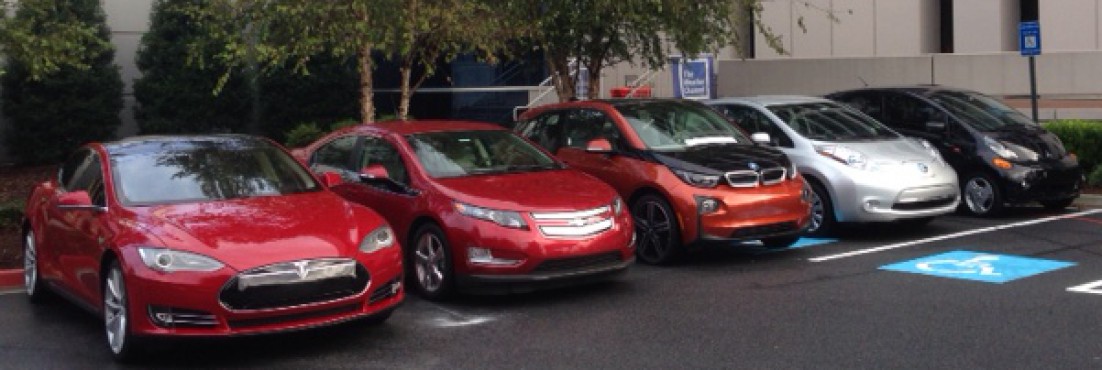Engendering the Future of Electric Vehicles – UC Davis Study
Written by Daniel S. Cohen, Contributor
Summary of Key Take-a-ways:
- Men dominate the EV market: 70% of buyers of new EVs are men.
- Women focus on the practicality of EVs as modes of transportation and are concerned about the logistics of their use and charging. Men are interested in the economics and technology of EVs and EVSE infrastructure and the policies that promote or inhibit their development.
- Men and women share the same top concerns: costs, charging infrastructure, range, and the impact of EVs on their families. However, men are more interested the future development of EVs’ features, body size, and financial incentives as well as access to reliable online information and forums for EV owners than are women.
- Men and women are split within their respect gender groups about whether or not access to a public charger would incentivize them to spend more time than they originally planned outside of the home. This is concerning considering that malls, shops, parks, grocery stores, and other public/high traffic locations may view this reason as the most compelling case to acquire chargers.
- Men spoke more frequently about the need for more models and different sizes of EVs than women.
- Men and women do not want to pay for public chargers but if they do pay, they want to pay for the electricity they acquire not for the duration of time they use the station. Consequently, respondents shared their concerns that DC chargers are too expensive.
According to the authors, their results do not suggest men and women have fundamentally different views nor that the views expressed by men and women are a function of their gender. Rather, women focus on and discuss the more practical elements of utilizing an EV (with a particular focus on public charging networks and driving range) because their daily routines require their vehicles to travel relatively short distances . Limited mobility but significant need for constant use predisposes women to consider range and charging networks more practically than men.
The researchers’ biggest concern is that future changes to EVs and EVSE infrastructure will reflect masculine concerns and desires because women are not consuming/adopting EVs nor promoting their concerns as rapidly and vocally, respectively, as men. This lack of female input or failure to act upon female input may slow or depress female adoption of EVs and distort the EVSE infrastructure, which will be used by women just as much as men. Such developments could reduce the efficiency and effectiveness of public charging stations.
While the study’s findings are provocative, their results, based on qualitative reearch methods, must be viewed as an indication of important themes to be explored and questions to be asked and examined by quantitative research. The report draws from two focus groups. The first was a group of 14 Los Angeles residents (four women and 10 men) who were chosen to drive one of the 130 pre-released BMW Mini electric. The second group consisted of 12 women and 21 men, based in San Diego, who owned a Nissan LEAF. Aside from being a small sample size, these focus groups were not racially or economically representative of California let alone the U.S. Furthermore, by only speaking with individuals who drove LEAFs or BMW Mini electric, the study universalizes the perspective of the owners of two particular EVs. There are nearly 20 EV models from 10 different companies on the market, each of which provides a different experience. The BMW Mini electric has sold very few units which makes drivers’ experience with it not the best barometer for other EVs despite shared or similar concerns and structural challenges.
Overall, the study explores important issues that EV and EVSE manufacturers, advocates, public officials, and consumers need to consider and create consensus about so that the needs of men AND women are met by the EV market. See Engendering the Future of Electric Vehicle for the whole study.


You must be logged in to post a comment.